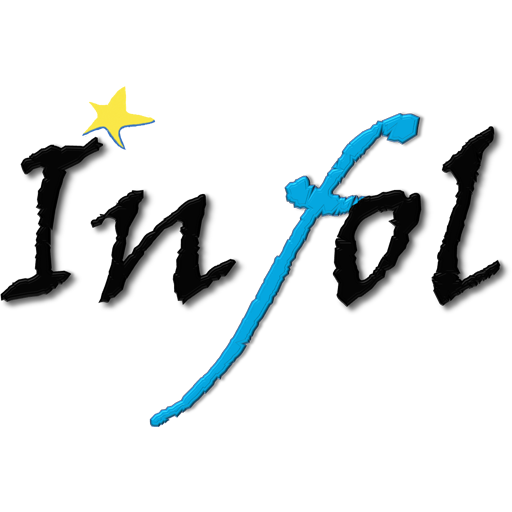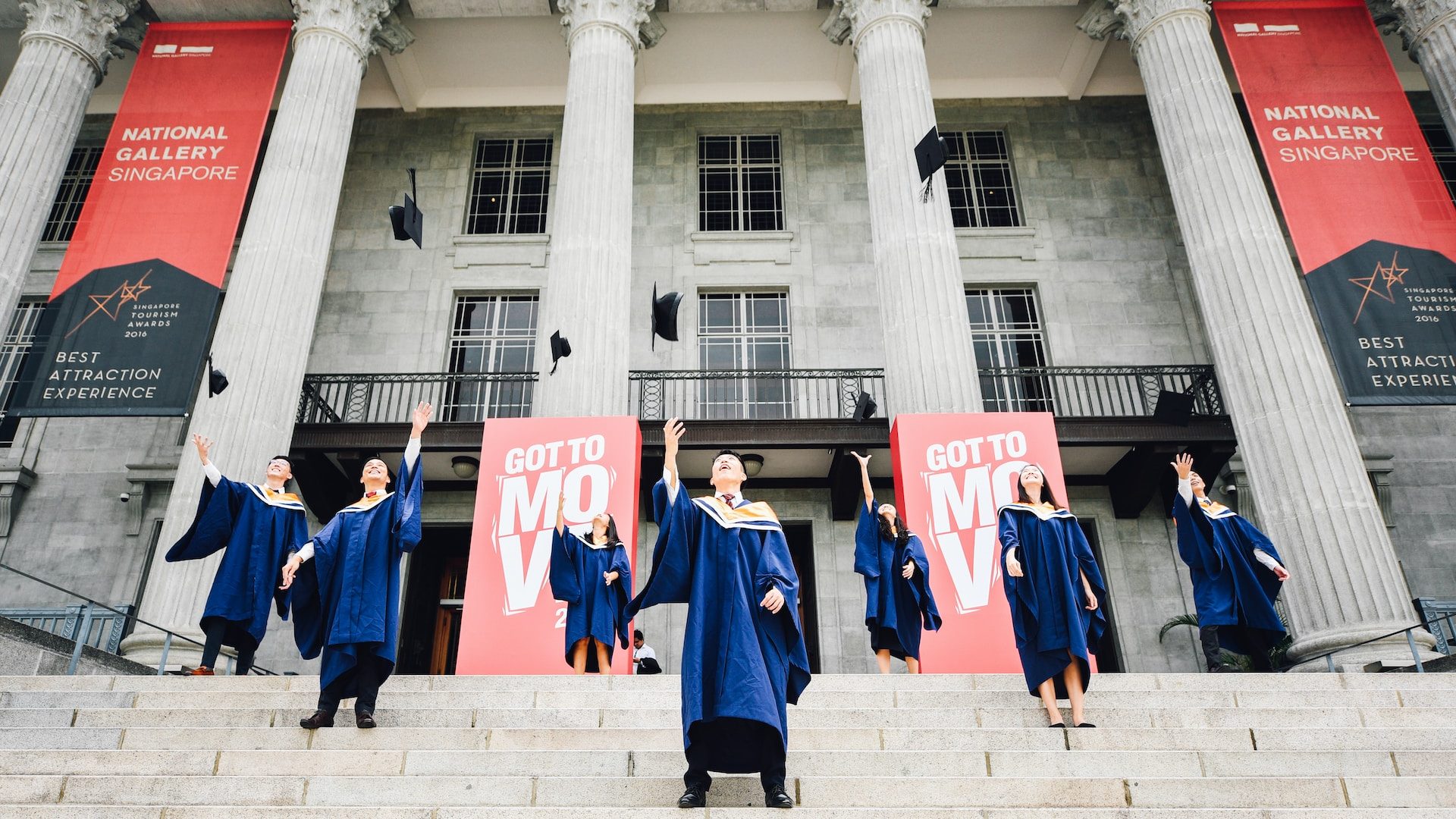DESCRIPTION
This course is designed to equip educators with the knowledge and strategies needed to identify, nurture, and support gifted and talented students within a regular classroom setting. Participants will explore effective teaching methods, differentiation, and social-emotional support tailored to the needs of gifted learners.
Understanding Giftedness (4 hours) – Defining giftedness and its various forms. – Characteristics of gifted and talented students. – Identifying gifted learners in your classroom. – Hands-on activity: Case studies and scenario analysis.
Differentiating Instruction (4 hours) – Principles of differentiated instruction for gifted students. – Tailoring lessons to meet individual learning needs. – Creating challenging and enriching learning experiences. – Group project: Designing differentiated lesson plans.
Nurturing Creativity and Critical Thinking (4 hours) – Fostering creativity and innovation in the classroom. – Strategies for promoting critical thinking and problem-solving. – Encouraging independent research and exploration. – Practical exercises: Brainstorming and creative problem-solving.
Social and Emotional Support (4 hours) – Understanding the social-emotional needs of gifted students. – Addressing perfectionism, anxiety, and underachievement. – Building a supportive classroom environment. – Role-play scenarios: Handling emotional challenges.
Collaboration and Advocacy (4 hours) – Collaborating with parents, colleagues, and specialists. – Advocating for gifted and talented programs and resources. – Developing Individualized Education Plans (IEPs) for gifted students. – Creating a personal action plan for supporting gifted learners.
Objectives and learning outputs
Upon completion of this course, educators will be well-prepared to identify and support gifted and talented students in their regular classrooms, creating a more inclusive and enriching learning environment for all students.
Objectives:
- Define giftedness and recognize its different manifestations.
- Identify characteristics and behaviors indicative of gifted and talented students.
- Apply knowledge gained to real-life classroom situations.
- Develop a sensitivity to the diverse needs of gifted learners
- Apply principles of differentiated instruction to cater to gifted students.
- Develop lesson plans that challenge and engage gifted learners.
- Collaboratively create differentiated learning experiences.
- Assess and provide constructive feedback on differentiated lessons.
- Foster creativity and innovation among gifted students.
- Develop strategies for enhancing critical thinking and problem-solving abilities.
- Implement activities that encourage independent research and exploration.
- Actively engage in creative problem-solving exercises.
- Recognize and address the social and emotional needs of gifted learners.
- Employ strategies to mitigate perfectionism, anxiety, and underachievement.
- Create a supportive and empathetic classroom environment.
- Role-play and practice handling emotional challenges effectively.
- Collaborate effectively with parents, colleagues, and specialists to support gifted learners.
- Advocate for gifted and talented programs and resources within their educational context.
- Create Individualized Education Plans (IEPs) tailored to gifted students’ needs.
- Develop a personal action plan for ongoing support and advocacy.
The educational programme will be re-organised accordingly to the professional needs of our partners. All courses proposed will pass through an accurate assesment of needs, goals and learning outputs. This process will be enhanced before every partnership request as the daily schedule.
20/24/28/40 hours
Course location: Infol – Innovation Training Orientation and Employment
Site: Rome, Athens
Number of days of training: 5/6/7/10
Lesson time: 4 hours
Language of instruction: English , French, Turkish, Italian, Spanish,Bulgarian, Romanian.
Participation fee:send mail to [email protected]
Methodology
The course will combine theory input and discussion with analysis of practical incidents with the purpose of finding out different possible solutions. The methodology used is mainly content-based language instruction (communication through specific content).Text discussion, oral presentation and discussion, role-playing, self- and meta-reflection, debating and group interaction will be the strategies more frequently used.
- Active methodologies
- Role playing
- Simulations
- New technologies
- Visits/workshops in educational institutions as schools, universities, educational centers, and companies
Certificates
- Europass Mobility
- Certificate of Attendance
Upcoming sessions
Location: Roma
- September 2024: Week 4 (September 23 – 27)
- November 2024: Week 1 (October 28 – November 1)
- December 2024: Week 1 (December 2 – 6)
- February 2025: Week 1 (February 3 – 7)
- March 2025: Week 2 (March 10 – 14)
- April 2025: Week 2 (April 7 – 11)
- May 2025: Week 2 (May 12 – 16)
- June 2025: Week 3 (June 16 – 20)
- July 2025: Week 3 (July 14 – 18)
- September 2025: Week 4 (September 22 – 26)
- December 2025: Week 1 (December 1 – 5)

